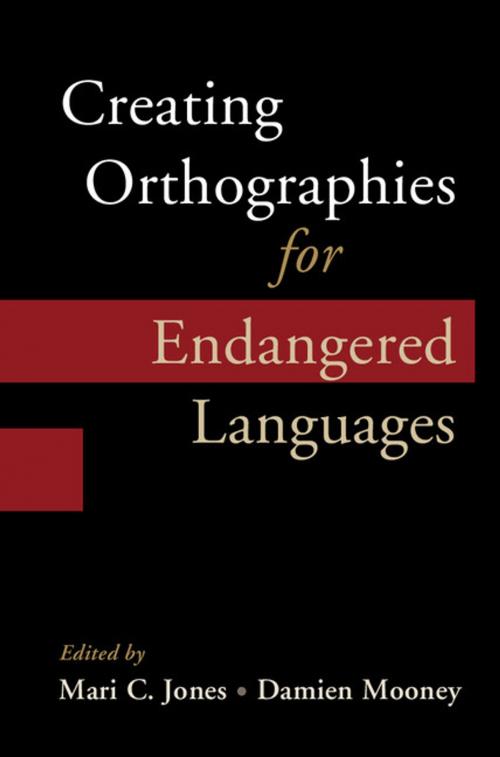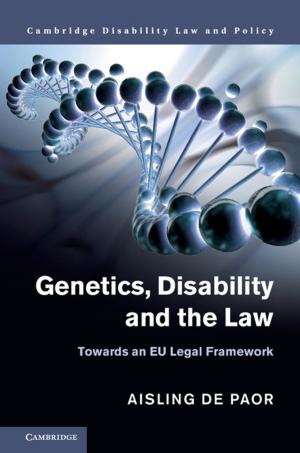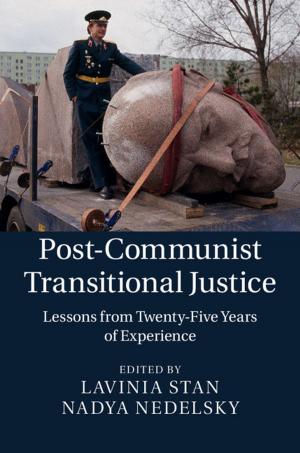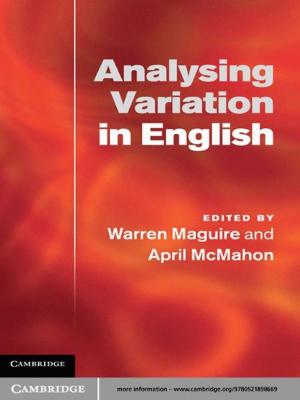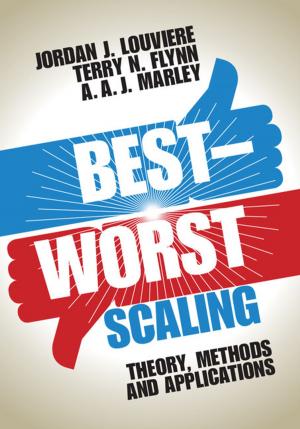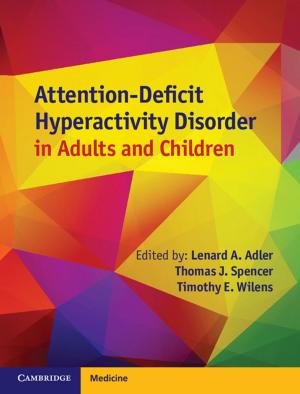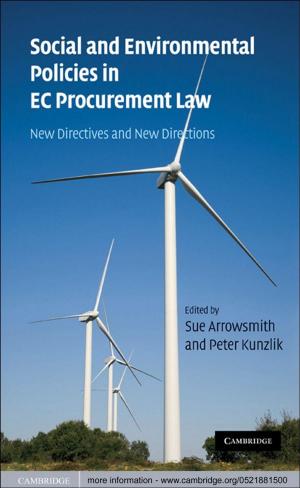Creating Orthographies for Endangered Languages
Nonfiction, Reference & Language, Language Arts, Linguistics| Author: | ISBN: | 9781316863190 | |
| Publisher: | Cambridge University Press | Publication: | August 31, 2017 |
| Imprint: | Cambridge University Press | Language: | English |
| Author: | |
| ISBN: | 9781316863190 |
| Publisher: | Cambridge University Press |
| Publication: | August 31, 2017 |
| Imprint: | Cambridge University Press |
| Language: | English |
Creating an orthography is often seen as a key component of language revitalisation. Encoding an endangered variety can enhance its status and prestige. In speech communities that are fragmented dialectally or geographically, a common writing system may help create a sense of unified identity, or help keep a language alive by facilitating teaching and learning. Despite clear advantages, creating an orthography for an endangered language can also bring challenges, and this volume debates the following critical questions: whose task should this be - that of the linguist or the speech community? Should an orthography be maximally distanciated from that of the language of wider communication for ideological reasons, or should its main principles coincide for reasons of learnability? Which local variety should be selected as the basis of a common script? Is a multilectal script preferable to a standardised orthography? And can creating an orthography create problems for existing native speakers?
Creating an orthography is often seen as a key component of language revitalisation. Encoding an endangered variety can enhance its status and prestige. In speech communities that are fragmented dialectally or geographically, a common writing system may help create a sense of unified identity, or help keep a language alive by facilitating teaching and learning. Despite clear advantages, creating an orthography for an endangered language can also bring challenges, and this volume debates the following critical questions: whose task should this be - that of the linguist or the speech community? Should an orthography be maximally distanciated from that of the language of wider communication for ideological reasons, or should its main principles coincide for reasons of learnability? Which local variety should be selected as the basis of a common script? Is a multilectal script preferable to a standardised orthography? And can creating an orthography create problems for existing native speakers?
